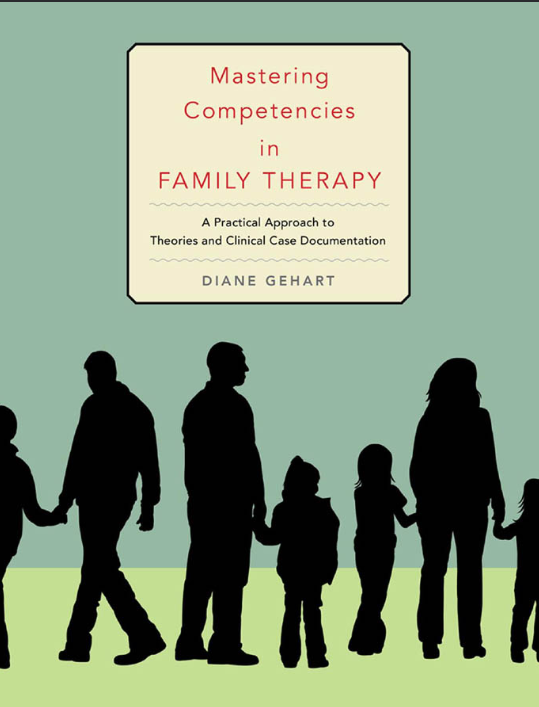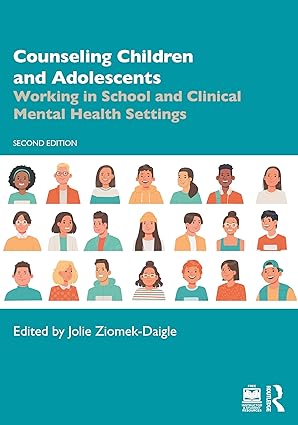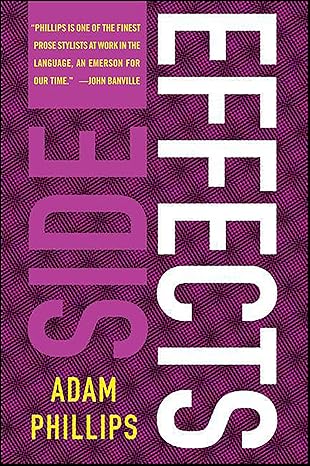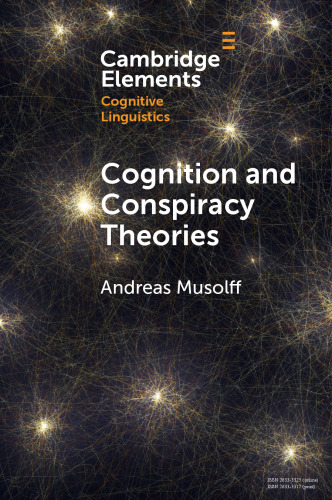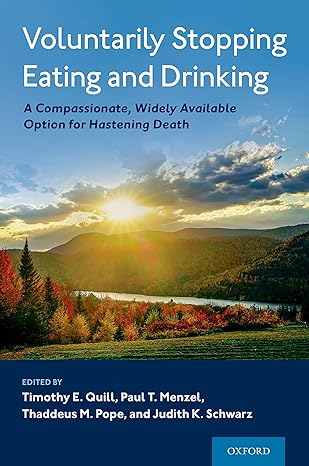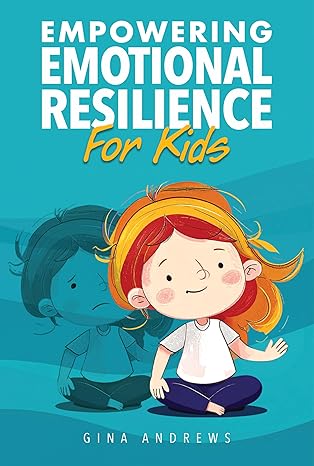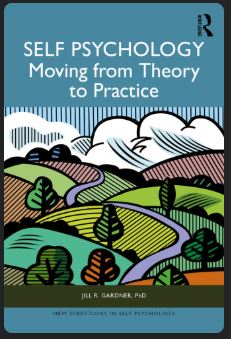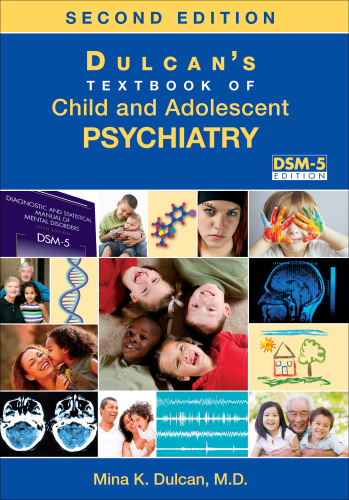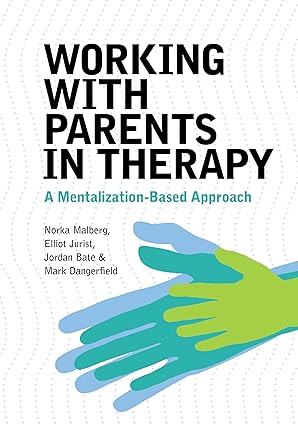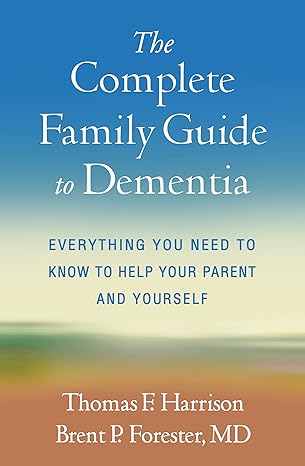دانلود کتاب Mastering competencies in family therapy: a practical approach to theories and clinical case documentation - Original PDF
Author:
Gehart, Diane R
0 (0)
توضیحات کتاب :
Marriage and family therapy competencies -- Competency in family therapy -- Case conceptualization -- Clinical assessment -- Treatment planning -- Evaluating progress in therapy -- Document it: progress notes -- Marriage and family therapy theories -- Understanding the role of theory in therapy -- Philosophical foundations of family therapy theories -- Systemic and strategic therapies -- Structural therapy -- Experiential family therapies -- Intergenerational and psychoanalytical family therapies -- Behavioral and cognitive-behavioral couple and family therapies -- Solution-based therapies -- Collaborative and narrative therapies -- Group therapy with couples and families -- Closing thoughts: where to go from here? -- CACREP competency-based standards.
سرچ در وردکت | سرچ در گودریدز | سرچ در اب بوکز | سرچ در آمازون | سرچ در گوگل بوک
1,192 بازدید 0 خرید
